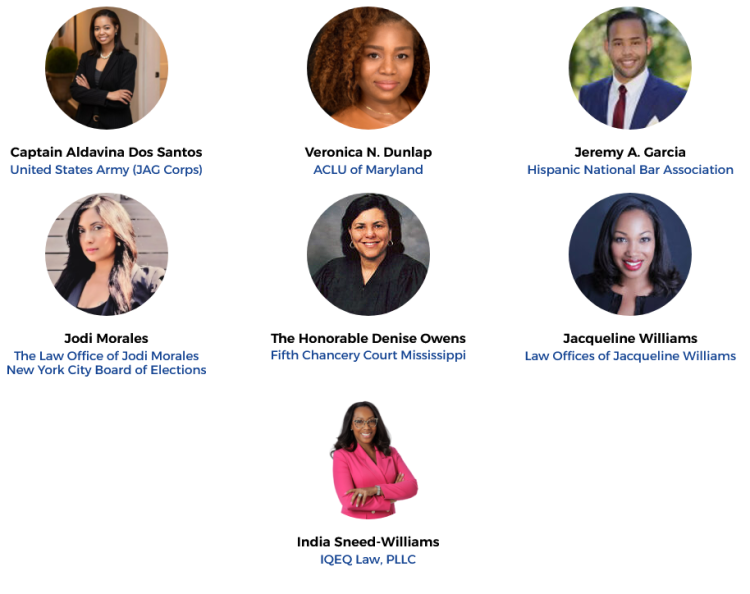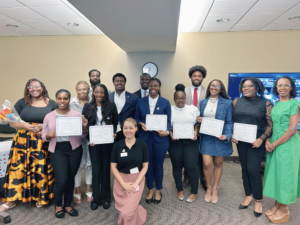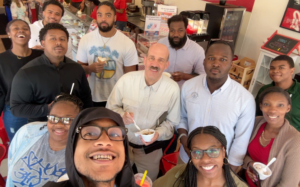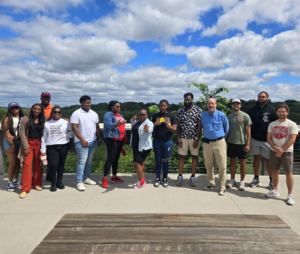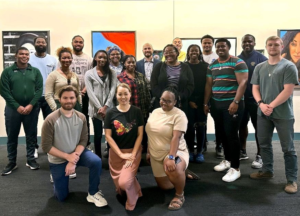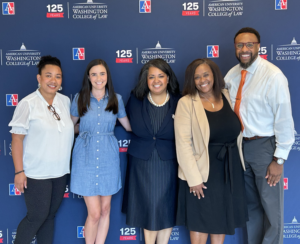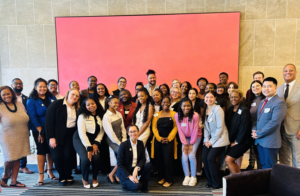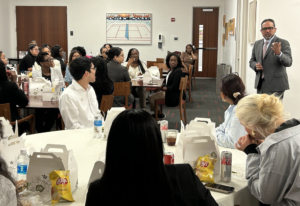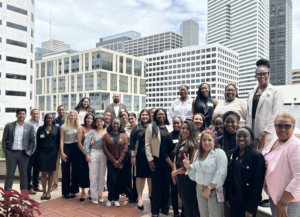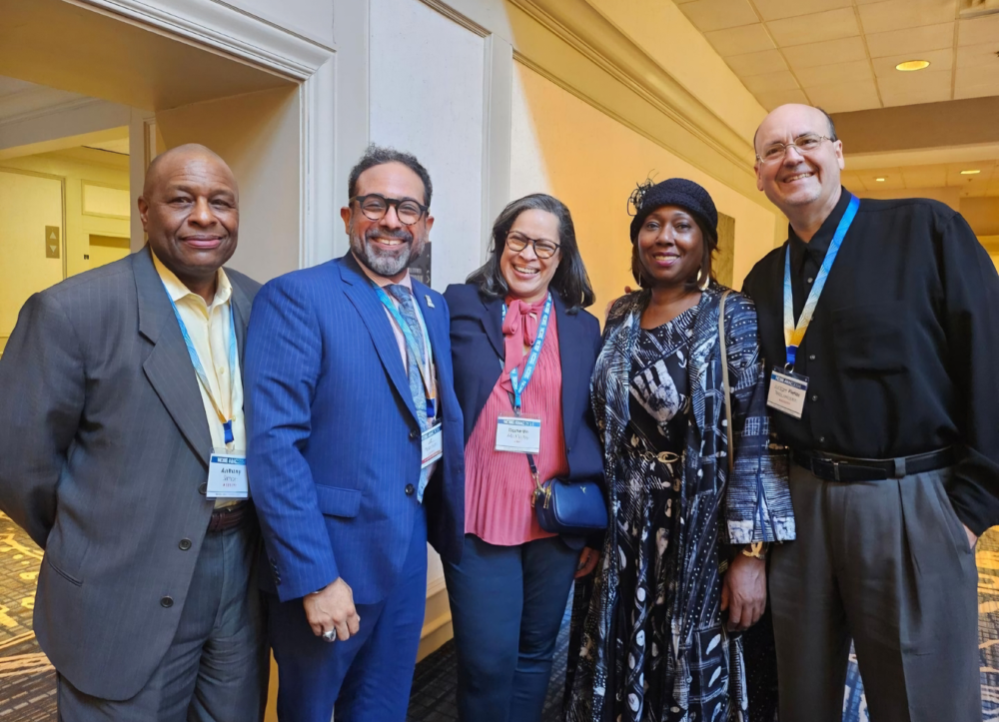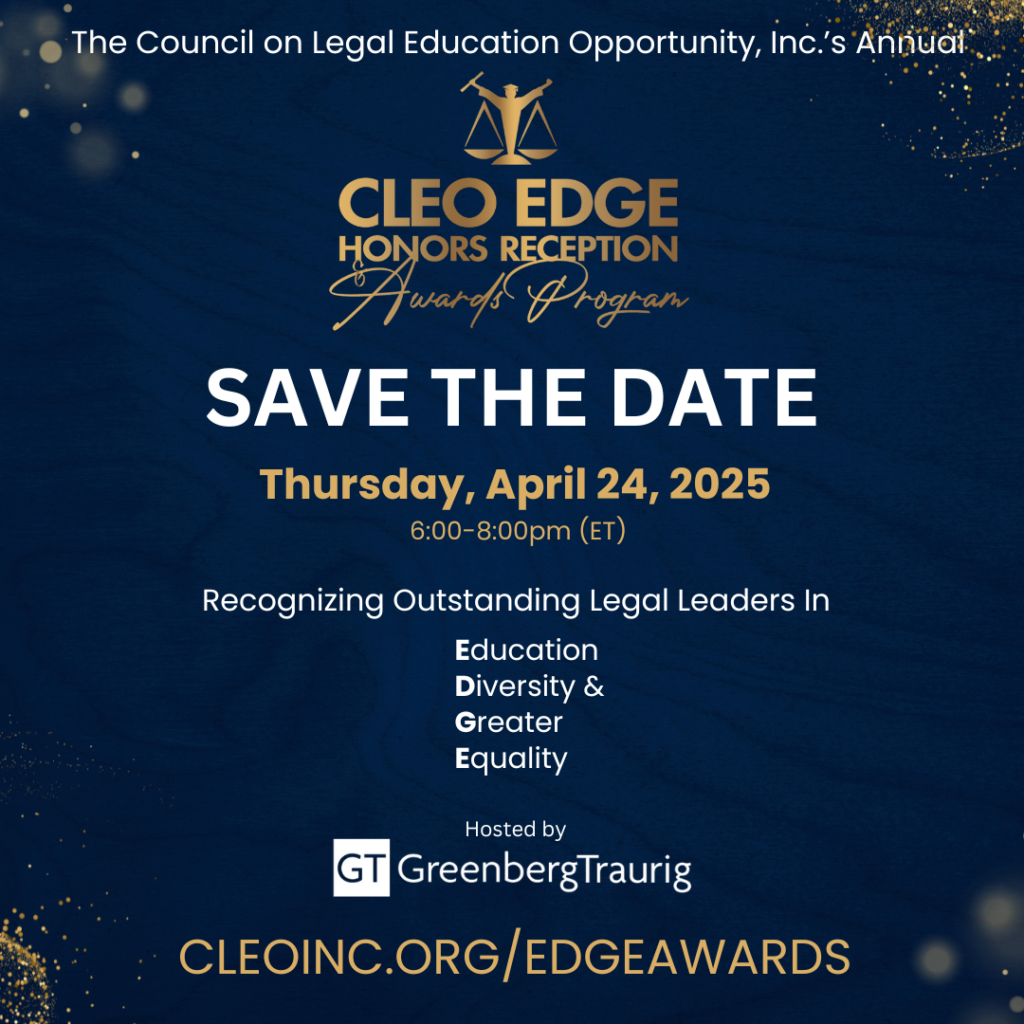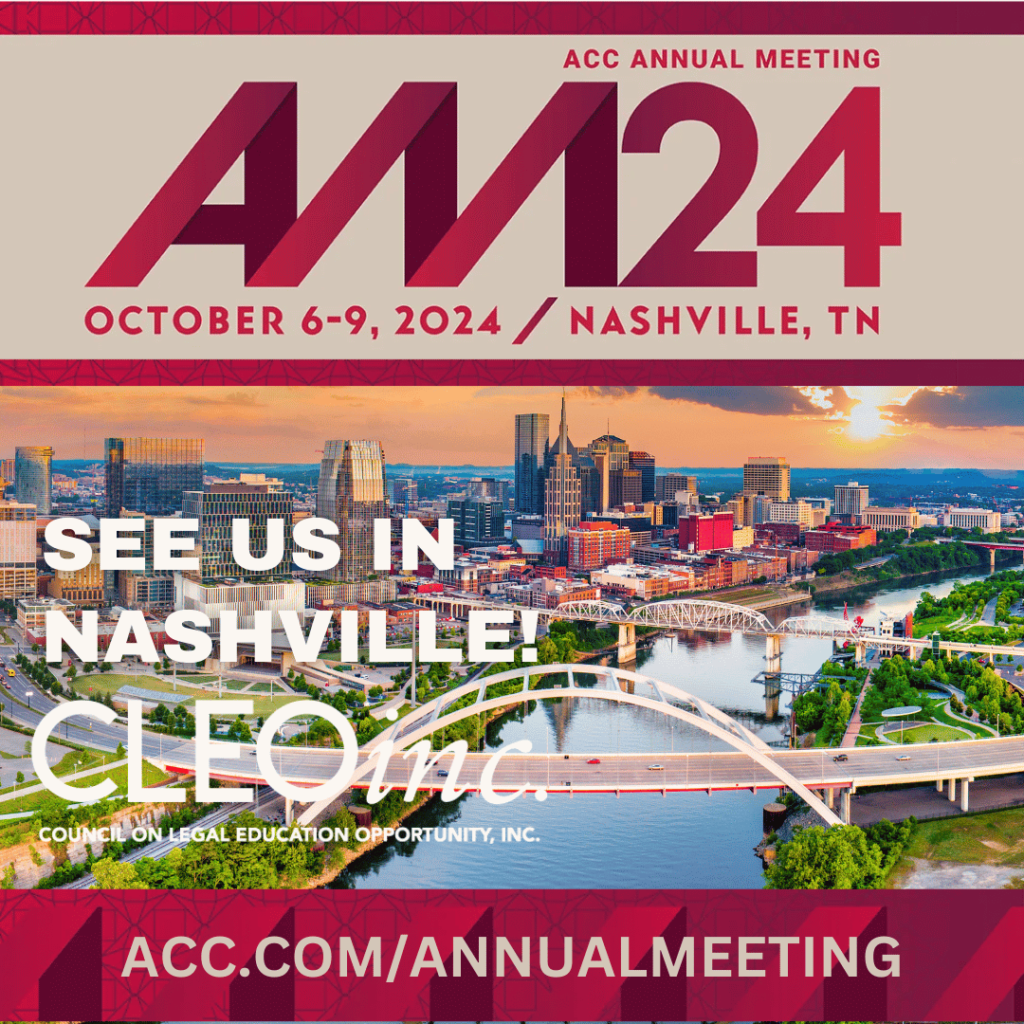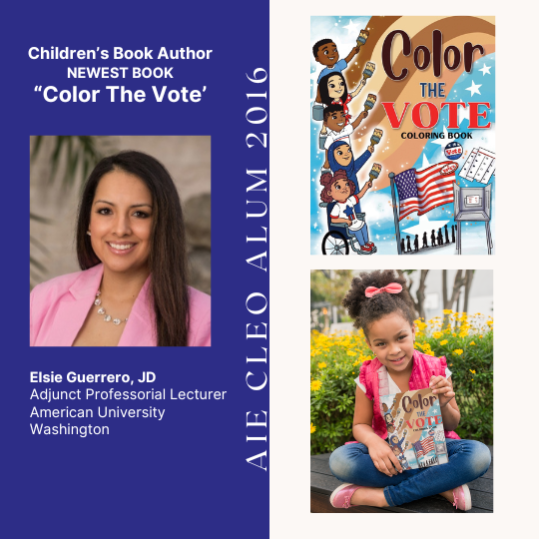
September, 2024 – Issue 14
Welcome to The CLEO JD Report. We will share tips on how to prepare for and succeed in law school, provide legal profession insights from our CLEO alumni, and spotlight our Partners-In-Law law schools that are making a commitment to diversity, equity, and inclusion.
The Council on Legal Education Opportunity, Inc. (CLEO): is a 501(c)(3) national non-profit organization that was founded in 1968 to expand opportunities for underrepresented students to attend law school. Since its inception, more than 32,000 students have participated in CLEO’s programs and joined the legal profession.

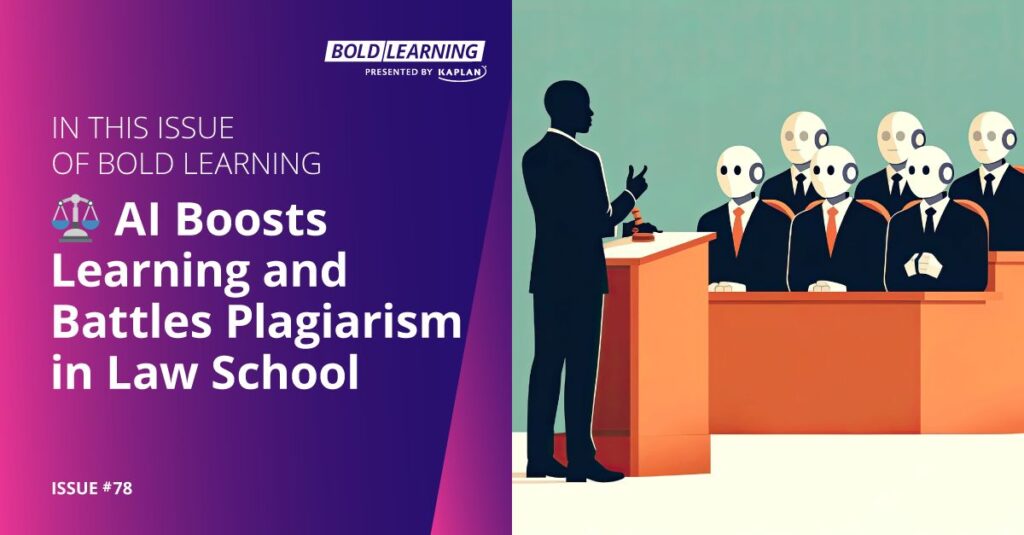
Beyond Grammarly: Preparing Students for an AI World
By J.C. Polanco, Esq., MBA, President & CEO, Council on Legal Education Opportunity, Inc.
Even before the rise of Chat GPT, everybody in the academic world was aware of the power—and the peril—of artificial intelligence.
I’ve seen this in my own work in higher education. In addition to heading the Council on Legal Education Opportunity (CLEO), a pipeline program for diversifying law school enrollment, I teach business law at the University of Mount Saint Vincent in the Bronx and history and Latino studies at the Borough of Manhattan Community College in the CUNY system. [continue reading]

CLEO’s DMV Alumni Mixer, held on the evening of August 1, 2024 at the D.C. office of Littler Mendelson, was a huge success!
Our CLEO Alumni from the D.C. area came out to gather with each other, the CLEO Staff, members of our Board and Advisory Council and other CLEO supporters. The evening was filled with merriment and provided ample opportunity for all to hear of the impact our CLEO Alumni are making in various areas of the law, private industry and government.



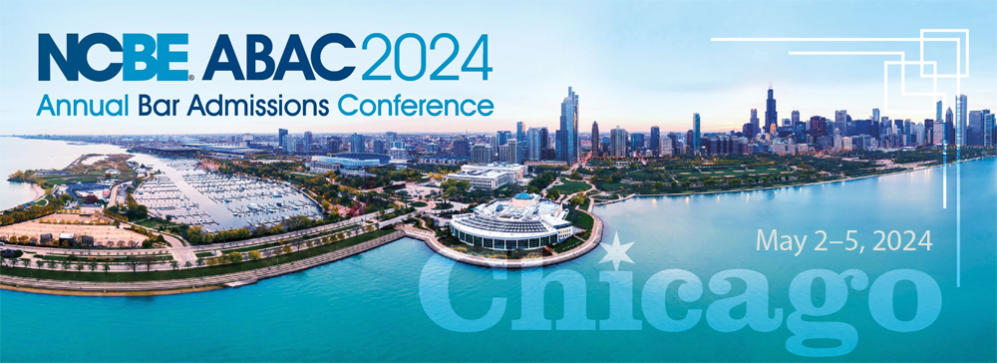
CLEO President and CEO, J.C. Polanco, was in attendance at The National Conference of Bar Examiners (NCBE) Annual Bar Admissions Conference (ABAC) this past May.



Through MCCA’s generosity, 15 students were granted a scholarship to CLEO’s pre-eminent program the Pre-Law Summer Institute (2024). Visit MCCA (Minority Corporate Counsel Association) to learn more about them and the work they do! Congrats to our newest CLEO Alumni!

Zenani Johnson

Wayne Yeh
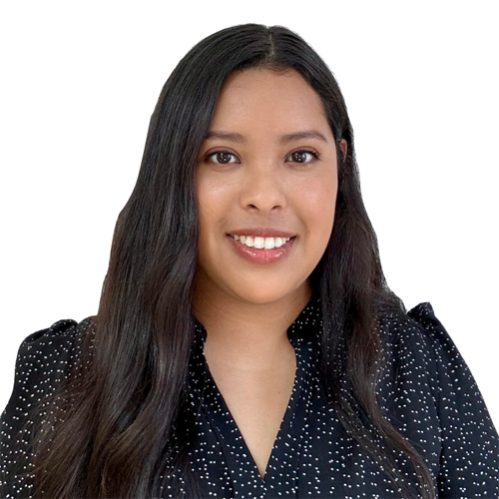
Vianey Sanchez-Lemus
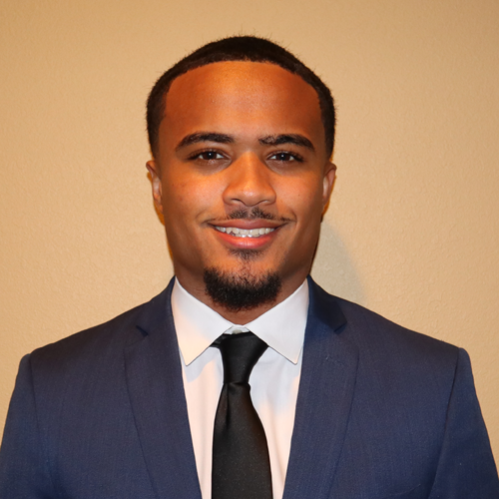
Ryan Willoughby
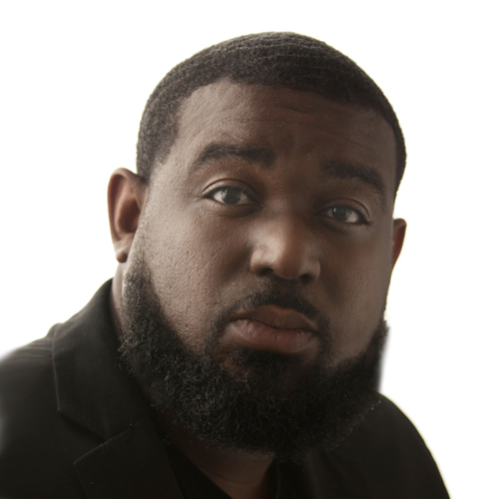
Tramayne Young
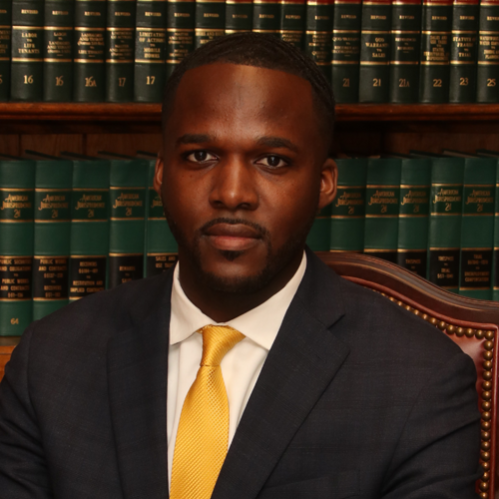
Shawn Swinton
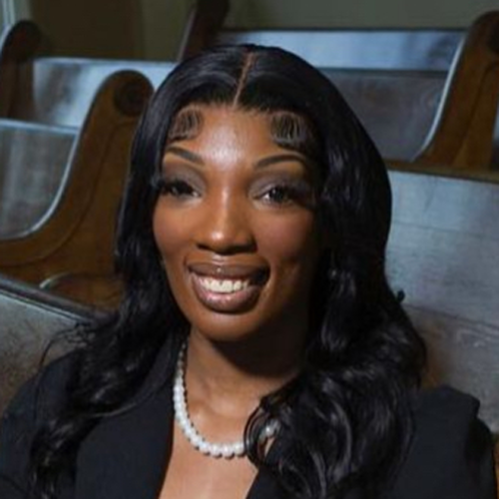
Myiesha Ash
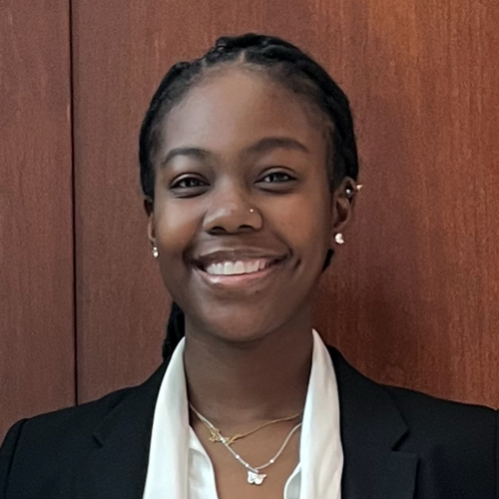
London Kelly
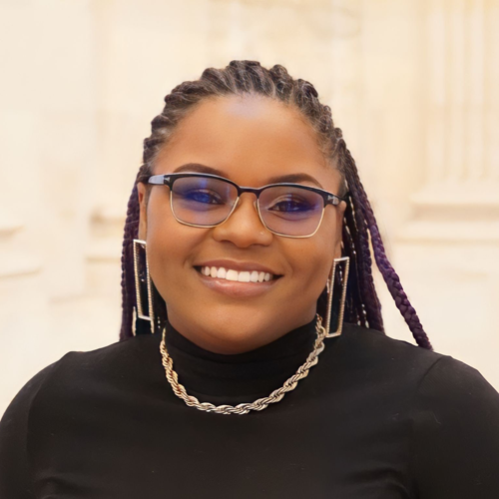
Lauren Robinson
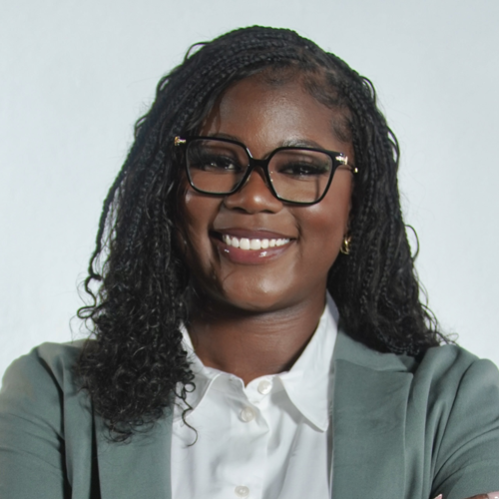
Kerete Paul
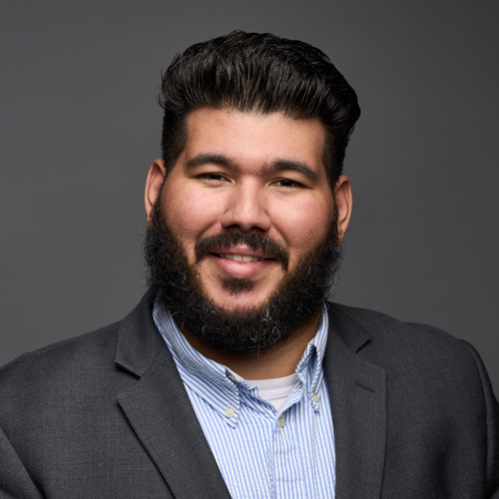
Edward Bryant

Deanna Kelly Hill
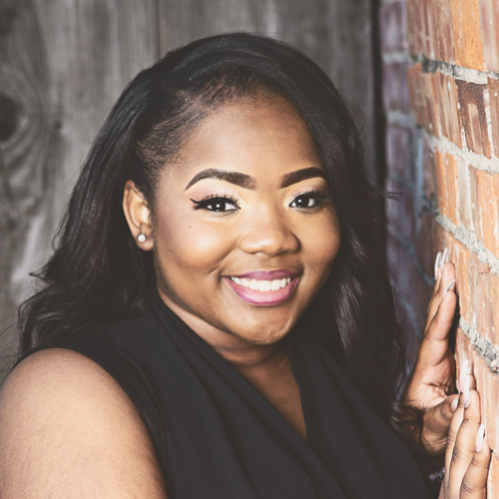
A'Veyunna Ranson
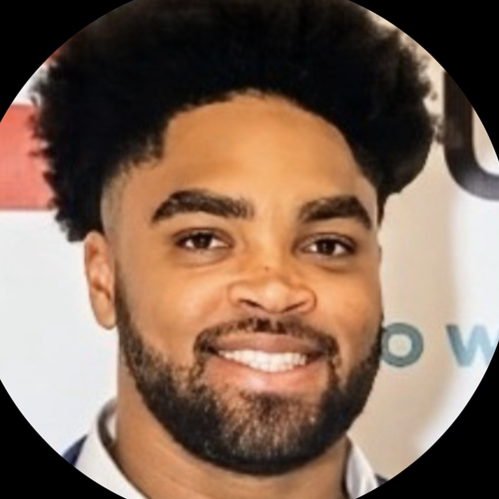
Alexander Brown
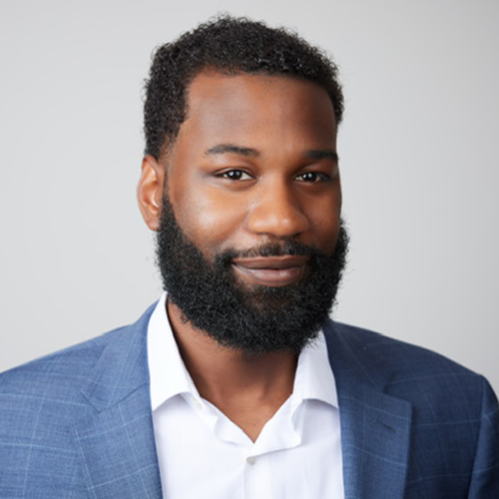
Ahmir Kenyatta

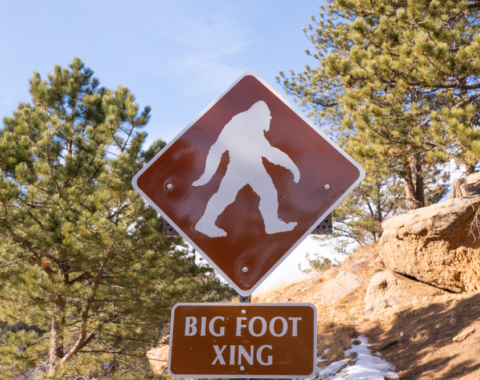
By Bernie Chimner, Co-Founder & LSAT Instructor, GriffonPrep (www.GriffonPrep.com)
In the Logical Reasoning section of the LSAT exam, some questions will include a ‘principle’ and ask you to apply the principle to a ‘situation’. These questions test your ability to spot details and understand relevant information. We’ve created a quirky brain teaser to help you practice this question type, but we’ve replaced the principle with a state law. Can you apply the law to the situation below to answer the question?”
Introduction: Many states feature laws that are unique and somewhat bizarre. Here’s a state law that prohibits the murder of Bigfoot. Given the law and the situation, can you answer the following four questions?
The Law:
Whereas, there is evidence to indicate the possible existence in [the] county of a nocturnal primate mammal variously described as an ape-like creature or a sub-species of Homo Sapian; and
Whereas, this creature is generally and commonly known as a “Sasquatch”, “Yeti”, “Bigfoot”, or “Giant Hairy Ape”…
Therefore, be it resolved that any premeditated, willful and wonton slaying of any such creature shall be deemed a felony punishable by a fine not to exceed $10,000 and/or imprisonment in the county jail for a period not to exceed 5 years.
The Situation:
While George is driving home, in excess of the speed limit, at night from a camping trip with his family in the beautiful Cascade mountains, a creature unexpectedly walks right in front of his car. George is unable to stop in time and slams into the creature. Upon inspection, George is horrified to discover that he has just run over Bigfoot. Realizing this could actually be good (fame and fortune await) he loads the creature into his car and takes it home with him.
But it turns out Bigfoot wasn’t actually dead. Bigfoot wakes up and lives in George’s home until famed Sasquatch hunter, LaFleur, arrives. LaFleur has tracked the Yeti to George’s house. He waits for the opportune time and sadly succeeds in killing the poor creature.
Questions:
- Had George killed Bigfoot with his car, would that have been illegal?
- What is the maximum penalty for LaFleur?
Bonus Questions:
- Can you guess what state this law is from?
- Can you identify which classic 80’s John Lithgow movie the situation references?
Answers:
- We actually don’t know. This law applies when Bigfoot’s murder is premeditated, but this would not apply in George’s situation. However, this does not guarantee that George hasn’t committed an illegal act because there could be other laws that make it illegal to hit a sentient being while in the commission of another illegal act (George was speeding).
- $10,000 AND 5 years in prison.
Bonus Answers:
- Washington State (Skamania County). Ordinance No 69-01
- Harry and the Hendersons (1 point) although in the movie Harry (Bigfoot) gets away from LaFleur.


Read Secrets of a Pre-Law Student’s success & how CLEO can help YOU!
Abigail Bateau
Saint Elizabeth University
Morristown, New Jersey
Q1. How did you find out about CLEO?
Through a friend’s father who recommended CLEO to me after seeing how passionate I am for legal studies.
Q2. When did you realize you wanted to attend law school?
In my second semester of undergrad, during a series of debates with my mother about switching majors, I realized I wanted to attend law school. My naturally argumentative nature came to the forefront, and my mother suggested that I consider a career in law. This idea resonated with me, leading me to embrace Criminal Justice as my major. From that point on, I felt a renewed sense of purpose and eagerness in my studies, marking the beginning of my journey toward a legal career.
Q3. What did you learn during the CLEO program you attended?
During the CLEO Inc. Achieving Success in the Application Process (ASAP) program, I learned how to effectively navigate the research process and prepare myself for applying to law schools. This included selecting schools to apply to, identifying deadlines and requirements, and financially preparing for law school.
Q4. How has the CLEO program influenced your preparation for law school?
This program significantly improved my organizational skills and helped me better visualize my path to law school. It provided crucial information on starting the LSAT process, writing personal statements, and distinguishing myself from other traditional applicants.
Q5. Select one of the CLEO programs (ASAP, JLSAT or CLEO Connection) you attended. What portion of that program was most beneficial to you and why?
The most beneficial portion of the CLEO’s Achieving Success in the Application Process program for me was the comprehensive guidance it provided. Coming from a school that didn’t offer a Pre-Law program and only had a Criminal Justice major, most of my classes focused on law enforcement. I never had an advisor to guide me through the law school preparation process, so I had to teach myself. However, self-teaching can only take you so far.
The program was invaluable because it offered insights into the application process and strategies to make my application stand out, something I had been trying to figure out on my own for two years. Additionally, it was reassuring to know that I wasn’t alone in this journey. While the competition can seem daunting, it’s comforting to realize that others are just as determined and passionate about pursuing a legal career.
Q6. Do you plan to attend any future CLEO events?
Yes!
Q7. Do you have any advice for other aspiring lawyers?
Keep going. Everyone has their own battles, but whatever you do, keep moving forward.
Some days are harder than others, but if you stay persistent and align yourself with your dreams, anything is possible. Remember why you’re here and why you started this journey.
Q8. Do you have any additional comments about CLEO?
I am truly grateful to have found this organization. It has given me the strength and motivation to pursue my law school journey differently.

Elsie Guerrero, JD
Adjunct Professorial Lecturer
American University Washington
CLEO AIE – 2016
Color The Vote highlights what voting means, the importance of voting, and the voting issues. It encourages children and youth to educate their teachers and families about registering to vote and to vote on election day. Click to learn more.

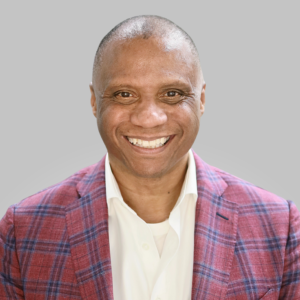
Leveraging Campus and External Resources: A Guide for First-Generation and Marginalized Pre-Law Students
By Anthony Pernell-McGee, JD, GCDF Executive Director & Pre-Law Advisor
Oberlin College and Conservatory
Growing up in the housing projects in Buffalo and leaving home on a Greyhound bus bound for the State University of New York at Stony Brook, I knew at eight that I wanted to become an attorney. However, I had yet to learn how to navigate the university system. I was aware of the existence of a Pre-Law advisor when I took a course in constitutional law. Even then, I didn’t seek his advice for various reasons. I write this article hoping you won’t repeat my experience and will learn to navigate the admission process, leverage campus and external resources, and ask for help.
Understanding the Role of a Pre-Law Advisor
Pre-Law advisors possess a wealth of knowledge, experience, and a vast network of professional colleagues. Seek them out when you decide to explore law school and a career as an attorney. Depending on your college or university, a Pre-Law advisor can be found in various departments, such as academic advising, the fellowship office, or career services. If you’ve been out of school for a while and need help locating a Pre-Law advisor, create an account with LSAC (Law School Admission Council) to obtain that information.
Tailored Support for First-Generation and Marginalized Students
1. Personalized Guidance:
- Pre-Law advisors understand the unique challenges first-generation and marginalized students face and can help you navigate systemic barriers.
- Schedule regular meetings to seek feedback on your academic progress, LSAT preparation, and application materials. Always come prepared with questions.
- Ask for introductions and opportunities to network with their contacts.
2. Navigating Financial Aid:
- Advisors can help you identify scholarships, grants, and financial aid opportunities specific to your situation.
- LSAC’s scholarship resource and AccessLex Institute’s scholarship database are good places to start. Additionally, most law schools provide a list of scholarships.
- Conduct a general Google search for scholarships and financial aid opportunities because most scholarships go untapped.
3. Building a Strong Application:
- Receive assistance crafting a compelling personal statement and securing strong letters of recommendation.
- Learn how to highlight your unique experiences and perspectives in your application.
- Ensure your resume reflects your interest in law through internship experience, volunteer work, extracurricular activities, or leadership positions on campus.
- Develop relationships with your professors, take rigorous courses to build analytical, critical thinking, and communication skills, and maintain a strong GPA.
- Professors are more willing to provide recommendations if there is a pre-existing relationship, and you perform well in their class.
- Ask them first if they can provide a strong letter of recommendation; if not, find another professor.
Overcoming Common Challenges
4. Balancing Responsibilities:
- Pre-Law advisors can provide strategies for managing coursework, jobs, and personal responsibilities.
- Learn time management techniques and how to prioritize tasks effectively.
5. Addressing Imposter Syndrome:
- Imposter syndrome is common, and I experienced it myself, which is why I didn’t access the Pre-Law advisor at Stony Brook.
- Advisors or mentors can offer support and reassurance, helping you build confidence in your abilities.
- Connect with peer support groups and access pipeline programs such as the FirstGen Fellows Program, SEO’s Pre-Law Pipeline Program, LSAC Plus Program, Summer Pre-Law Achievers Network at Suffolk Law in Boston, CLEO Pre-Law Summer Institute, CLEO EDGE Pre-Law Summer Institute Scholarship, and the Yale Law School Launchpad Scholars Program powered by Latham & Watkins. This list isn’t exhaustive but offers a starting point.
Conclusion
Your journey to law school is unique, and utilizing the support of a campus Pre-Law advisor can make a significant difference. By understanding their role, seeking tailored support, and maximizing your relationship with them, you can overcome challenges and unlock opportunities on your path to a legal career. Taking advantage of these resources is a step towards success and a brighter future.

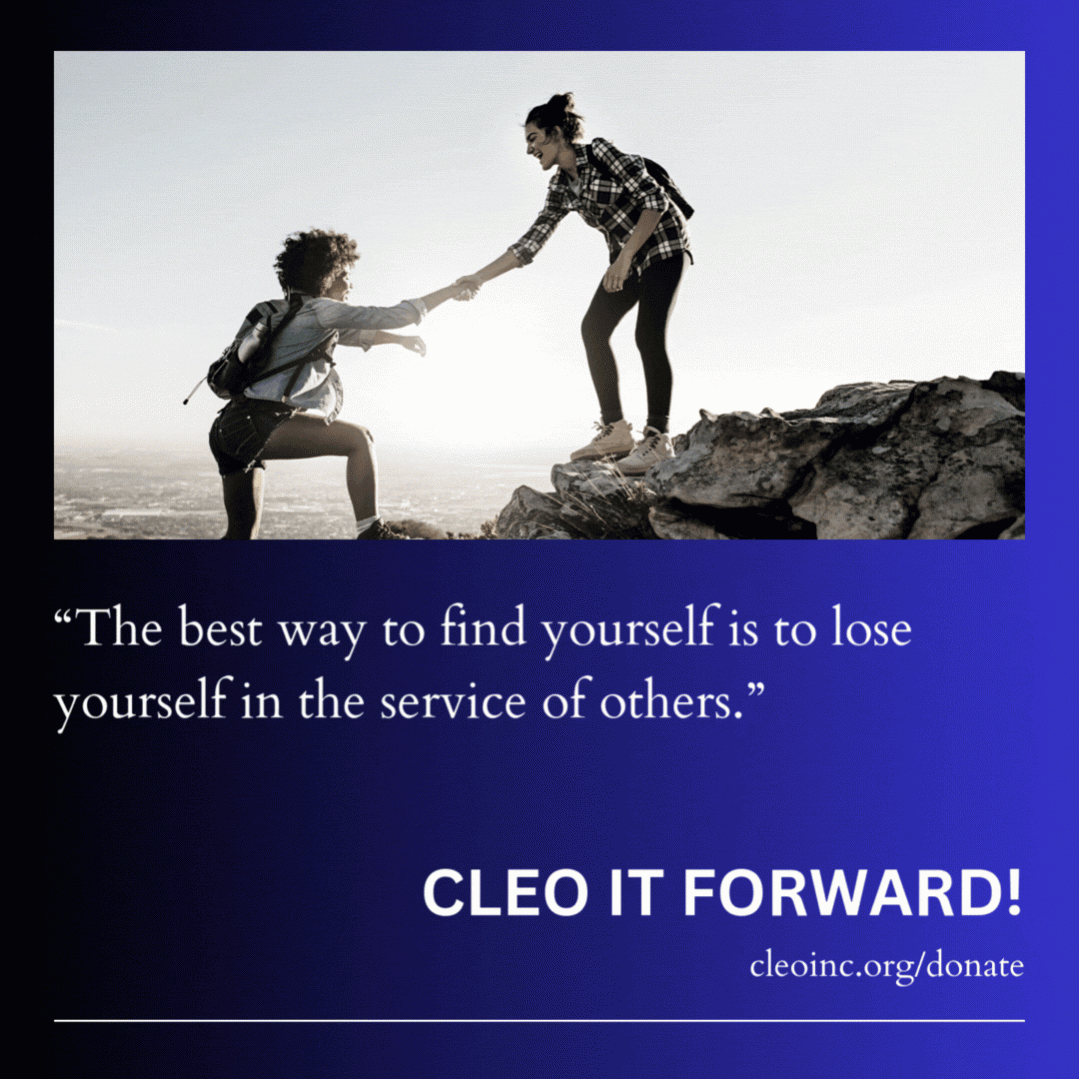
Did you know that your contribution directly helps a student achieve their dream of attending law school?
Each donation you make paves the way for student success. Together, we can empower a new generation of trailblazers!
Visit our DONATE page to see what your gift can do for a student and CLEO IT FORWARD! today.

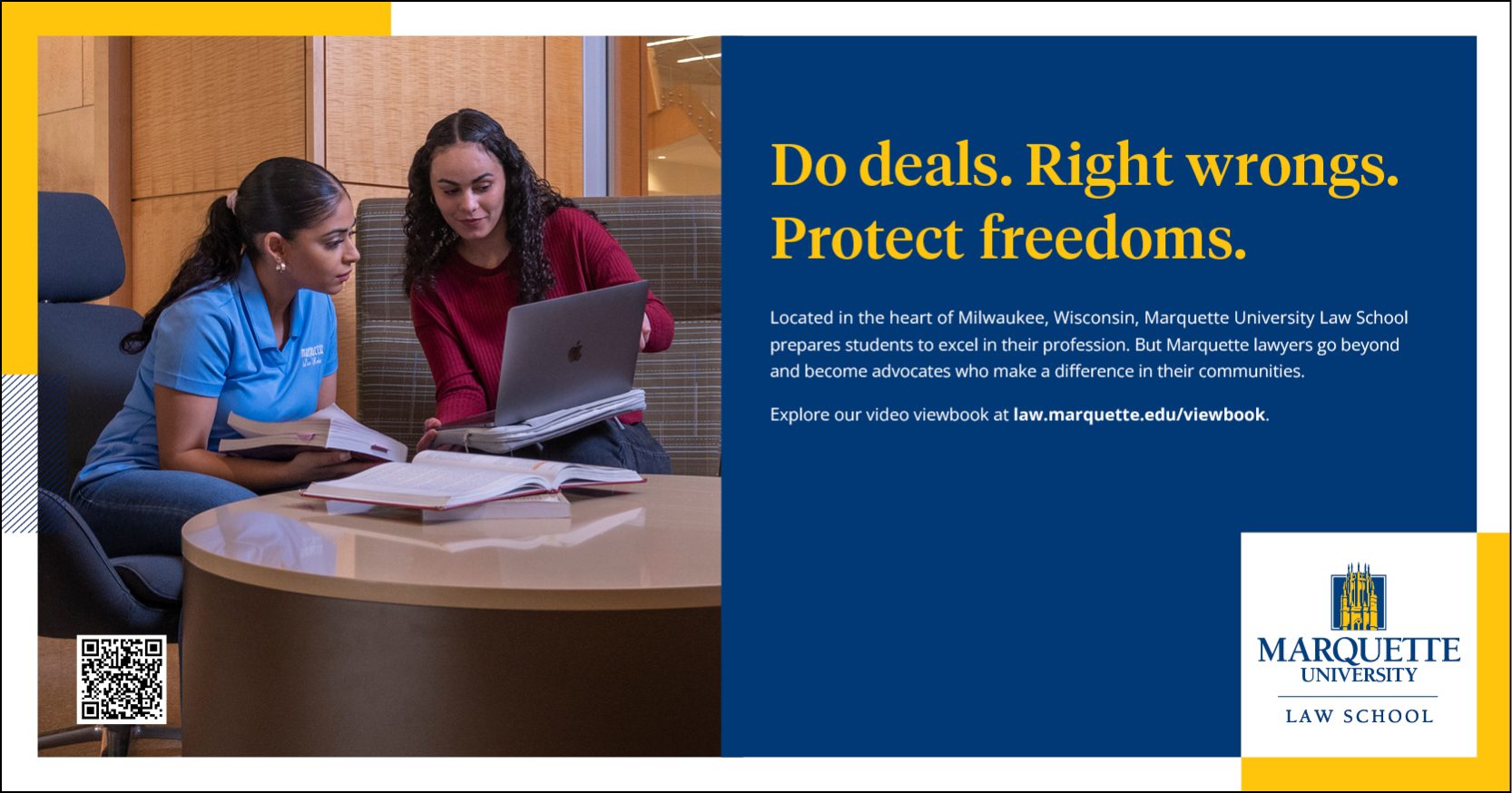
Marquette University
Law School
Do deals. Right wrongs. Protect Freedoms.
Marquette Law School hosts a series for JD students examining the impact of race on doctrinal 1L courses and legal practice areas (e.g. Contracts, Criminal Law, and Constitutional Law). The Law School participates in the State Bar of Wisconsin’s Diversity Clerkship Program, an initiative that places students in full-time summer employment in private law firms, corporate legal departments, and governmental agencies. The annual Marquette Lawyer/Student Diversity Reception is an invaluable networking opportunity for law students (and prospective students) to connect with diverse alumni and other members of the Wisconsin bar and bench. The Law School co-sponsors the annual Wisconsin Statewide Pre-Law Diversity Conference & Law Fair.
Visit Marquette University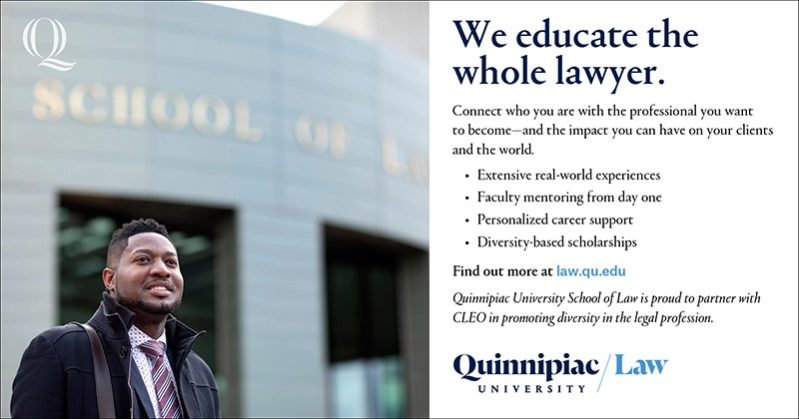
Quinnipiac University School of Law
Embraces Diversity, Equity, And Inclusion
At Quinnipiac Law, our mission is to create a diverse and inclusive community where every member is acknowledged, respected, and has the necessary resources to thrive, both individually and together. We incorporate inclusive excellence in everything we do to create a globally engaged, culturally rich and highly collaborative campus. Our policies and programs celebrate differences as sources of strength and empower everyone to embrace who they are and share their experiences, customs and beliefs. Our goal is to foster conversation, exposure and engagement with all people, thoughts, and ideas — from all corners of the world.
Visit Quinnipiac Law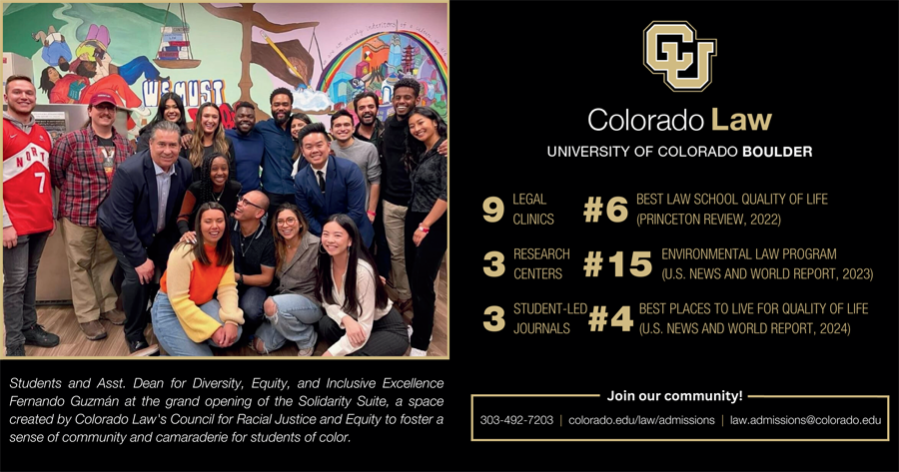
Colorado Law
University of Colorado Boulder
Colorado Law is strongly committed to Inclusiveness and Diversity
The institution works to "provide a supportive and diverse educational and scholarly community in a place that inspires vigorous pursuit of ideas, critical analysis, contemplation, and civic engagement in order to advance knowledge about the law in an open, just society". Through cultivating work opportunities and engaging in legal community initiatives, Colorado Law is demonstrating its dedication to a consistent and meaningful journey towards inclusivity and justice.
Visit Colorado Law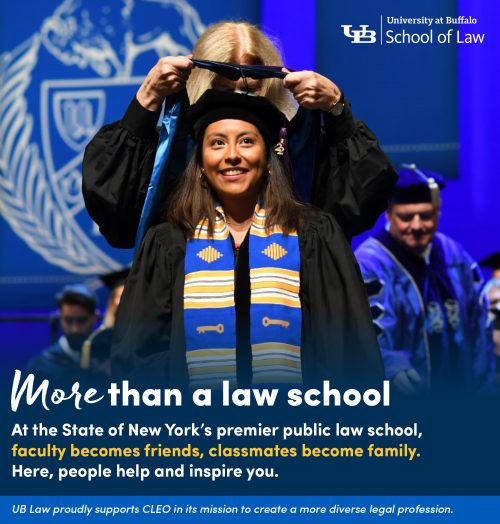
University at Buffalo
School of Law

CLEO, Inc. is proud to include many of the nation's premier law schools in our Consortium on Diversity in Legal Education.
PARTNER LAW SCHOOLS
Marquette University Law School
University of Colorado Law School
The University of Mississippi School of Law
University of New Hampshire School of Law
Quinnipiac University School of Law
Vermont Law and Graduate School
Washburn University School of Law
SUPPORTING LAW SCHOOLS
University at Buffalo School of Law
SUSTAINING LAW SCHOOLS
Mitchell Hamline School of Law
New York University School of Law
Southern Illinois University School of Law
CLEO STAFF
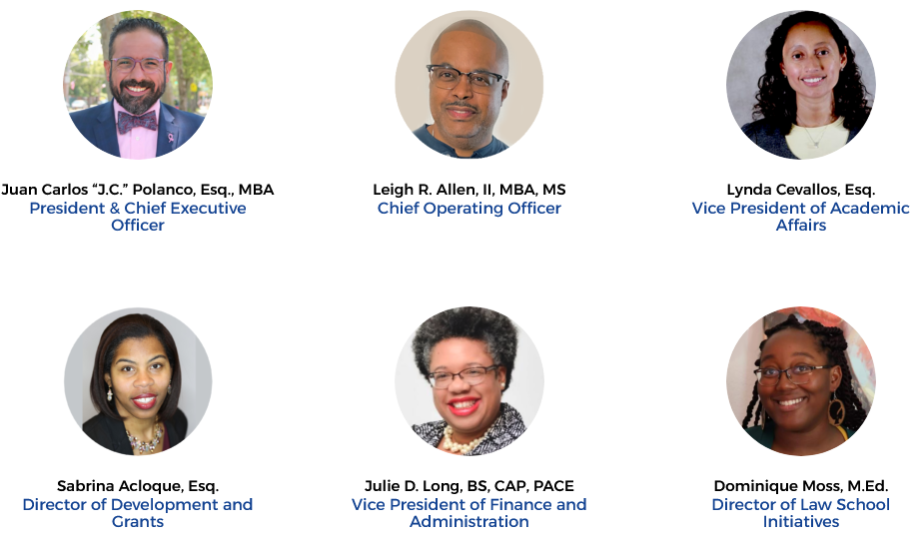
CLEO BOARD OF DIRECTORS
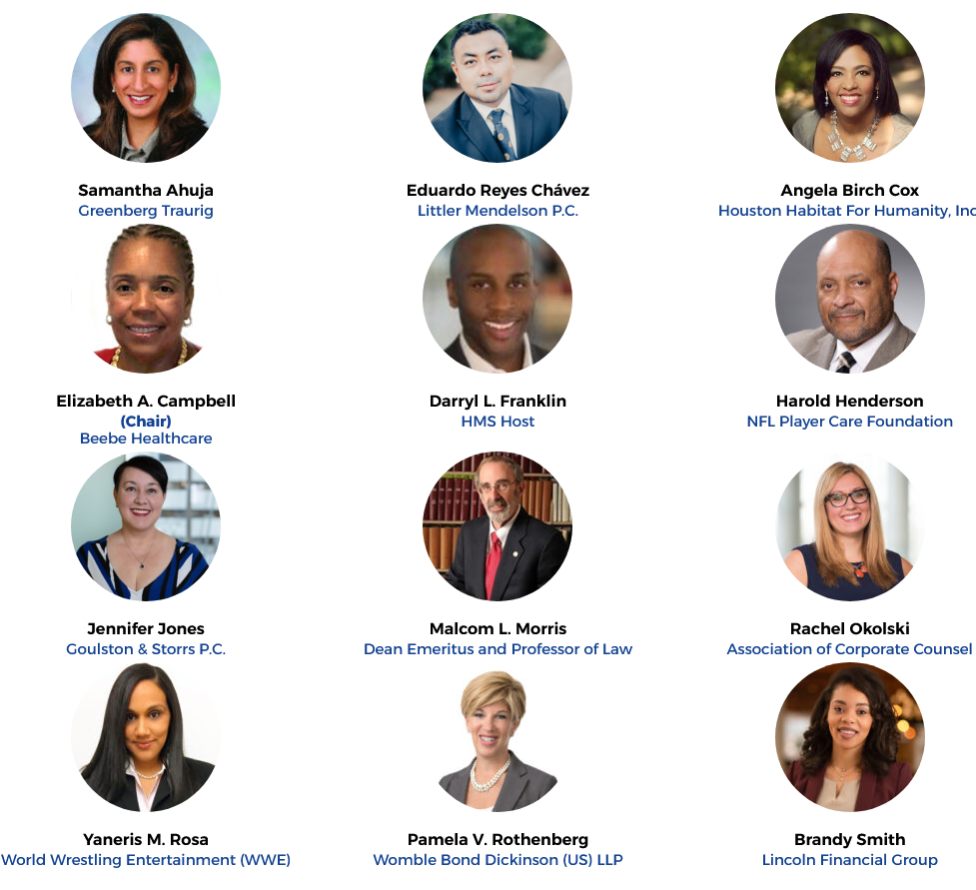
CLEO ADVISORY COUNCIL
